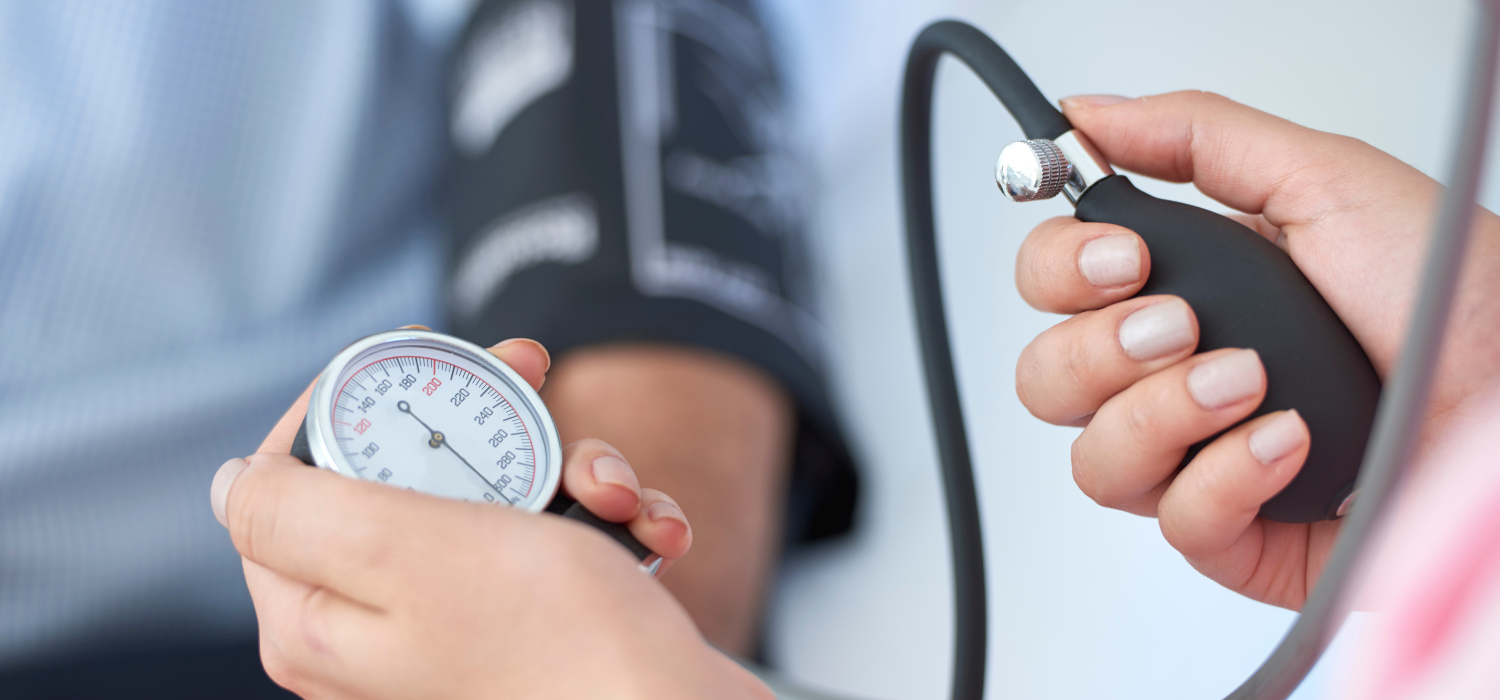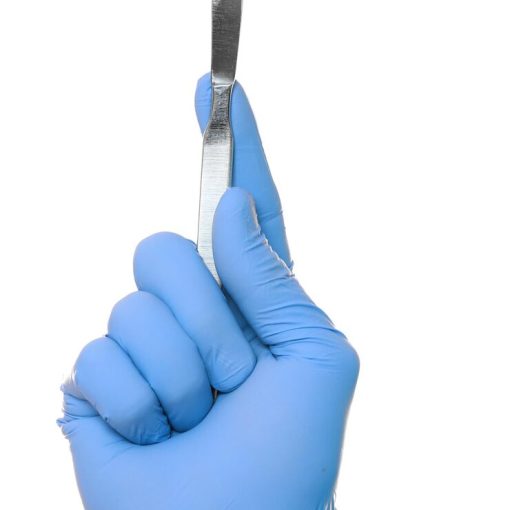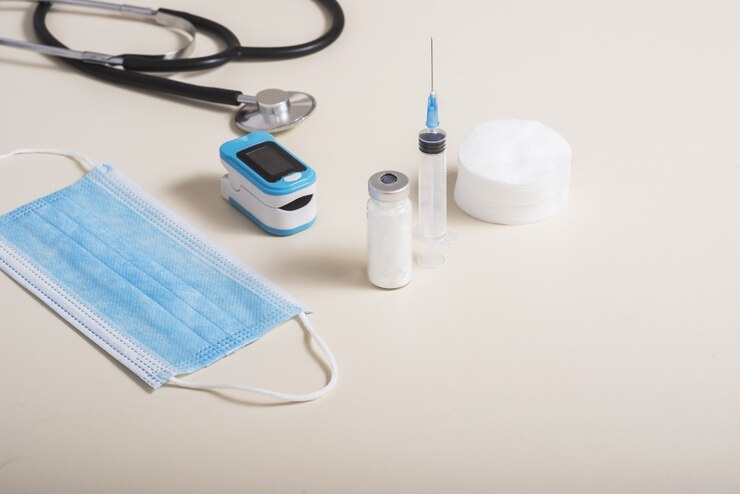
High blood pressure, or hypertension, is a common condition that can significantly increase the risk of heart disease, stroke, and other health problems. While medication is sometimes necessary, there are several effective natural strategies to help manage and reduce blood pressure levels. By incorporating these simple lifestyle changes, you can take proactive steps towards better cardiovascular health. Here are eight easy and natural ways to manage blood pressure:
Read On The Potential Cures For Blood Pressure!
Follow a Balanced Diet
A healthy diet is essential for managing blood pressure. Focus on a diet rich in whole grains, fruits, vegetables, and lean proteins. Reduce your intake of processed foods, especially those high in sodium, saturated fats, and added sugars. Instead, choose foods that are naturally low in sodium and high in potassium, such as bananas, leafy greens, and beans. Potassium helps counteract the effects of sodium and can help lower blood pressure. Consider the DASH (Dietary Approaches to Stop Hypertension) diet, which emphasises whole foods and has been shown to reduce blood pressure effectively.
Reduce Sodium Intake
Excess sodium can raise blood pressure. Aim to limit your daily sodium intake to no more than 2,300 milligrams (about one teaspoon of salt), and ideally closer to 1,500 milligrams for those with hypertension. Avoid adding salt to your meals, and be mindful of hidden sources of sodium in packaged and processed foods. Opt for herbs, spices, and other flavorings to enhance the taste of your meals without increasing sodium intake as a blood pressure essential.
Maintain a Healthy Weight
Being overweight or obese can contribute to hypertension. Losing even a small amount of weight can help lower blood pressure. Focus on achieving a healthy weight through a combination of a balanced diet and regular physical activity. Aim for at least 150 minutes of moderate-intensity exercise per week, such as brisk walking, cycling, or swimming.
Engage in Regular Physical Activity
Regular exercise is one of the most effective ways to lower blood pressure. Physical activity helps strengthen the heart, improve circulation, and reduce stress—all of which contribute to healthier blood pressure levels. Aim for at least 30 minutes of moderate-intensity exercise most days of the week. Find activities you enjoy, whether it’s dancing, gardening, or playing a sport, to make exercise a regular part of your routine.
Limit Alcohol Consumption
Drinking too much alcohol can raise blood pressure over time. If you choose to drink, do so in moderation. This means up to one drink per day for women and up to two drinks per day for men. Be mindful of serving sizes and avoid binge drinking, as excessive alcohol intake can lead to sudden spikes in blood pressure.
Quit Smoking
Smoking damages blood vessels and can lead to atherosclerosis, a condition that increases blood pressure and the risk of heart disease. Quitting smoking is one of the most important steps you can take for your cardiovascular health. Seek support from healthcare professionals, counselling services, or smoking cessation programs to quit successfully.
Manage Stress
Chronic stress can contribute to high blood pressure. To help manage stress levels, practice relaxation techniques such as deep breathing, meditation, or yoga. Engage in activities that bring you joy and relaxation, whether it’s spending time in nature, listening to music, or pursuing a hobby. Adequate sleep is also important for managing stress and promoting overall health.
Consider Natural Supplements
Some blood pressure essentials, such as garlic extract, fish oil (omega-3 fatty acids), and hibiscus tea, may help lower blood pressure when combined with a healthy lifestyle. However, it’s important to consult with a healthcare professional before starting any supplements, as they may interact with medications or other health conditions.
Primary Causes Of Blood Pressure

Genetics and Family History
Genetic factors play a significant role in determining blood pressure levels. People with a family history of hypertension are more likely to develop high blood pressure themselves. Certain genetic variations can impact how the body regulates blood pressure, including how blood vessels constrict and relax.
Lifestyle Choices
Unhealthy lifestyle habits can contribute to high blood pressure. These include:
- Diet: Consuming a diet high in sodium, saturated fats, and processed foods can raise blood pressure. Low intake of fruits, vegetables, and potassium-rich foods may also contribute.
- Physical Inactivity: Lack of regular exercise or physical activity can lead to weight gain and higher blood pressure.
- Alcohol and Tobacco Use: Excessive alcohol consumption and smoking can increase blood pressure and damage blood vessels over time.
- Stress: Chronic stress can contribute to elevated blood pressure levels.
Age
Blood pressure tends to increase with age. This is partly due to the natural stiffening and narrowing of arteries as we get older.
Obesity and Excess Weight
Being overweight or obese puts extra strain on the heart and can lead to hypertension. Excess weight is often associated with other risk factors for high blood pressure, such as insulin resistance and sleep apnea.
Conclusion
In summary, managing blood pressure naturally involves adopting a holistic approach to health and lifestyle. By making simple yet impactful changes to your diet, exercise routine, stress management techniques, and overall lifestyle habits, you can effectively lower and control your blood pressure levels. These strategies not only benefit your cardiovascular health but also contribute to overall well-being and longevity. Always consult with your healthcare provider before making significant changes to your health regimen, especially if you have pre-existing medical conditions or are taking medications. With dedication and consistency, these easy methods can pave the way towards a healthier heart and a healthier you.




